Home> Company News> What causes wheel bearings to go bad?
Wheel bearings are one of the most common parts to fail on a vehicle. They are exposed to a lot of abuse, so it's inevitable that they will fail. The first sign of trouble is usually a grinding or clicking sound coming from the wheels when you turn them. It can also be accompanied by a vibration in the steering wheel when driving at low speeds.
The cause of failure is not always obvious, but often times there are signs that can help you determine if your wheel bearings need to be replaced. Some common causes include:
Installation Error
Bearing failure is one of the most common causes of a vibration or noise coming from your vehicle. Bearing failure can cause a lot of damage if it's not addressed quickly.
Bearing failure occurs when there is too much friction between the inner and outer race of the bearing. This friction causes heat to build up, which eventually destroys the bearing. When this happens, you'll notice a lot of play in your wheel, making it difficult to drive smoothly.
If your mechanic installs new bearings incorrectly, they won't work properly or last as long as they should. Improper installation can also cause additional damage to other components in your vehicle, such as brakes and suspension parts.
Poor lubrication
Poor lubrication is the number one cause of wheel bearing failure. When a wheel bearing lubricant dries out and fails, the inner race will begin to wear against the outer ring. This can cause the wheel bearing to seize, which may lead to a sudden loss of steering and control of your vehicle.
Wheel bearings that are not properly maintained can have their life expectancy shortened considerably. To prolong their life, you should always follow these tips:
Always check your owner's manual or manufacturer's recommendations before adding any additives or other chemicals to your oil. Some additives can damage certain parts of your engine, so it's important to know what type of oil you're using and what kind of additives are okay for it.
Road Potholes
The most common cause of wheel bearing failure is potholes. Since the road is constantly changing, there are many potholes that form on our roads. These potholes can be man-made or natural. The construction crews who work on the roads often miss these potholes and they are filled in with gravel or asphalt.
If you hit one of these potholes, it can cause serious damage to your vehicle’s wheel bearings. This includes tearing up the inner race which will result in a loud noise coming from within the wheel hub. You may also feel a vibration when driving over rough terrain or hitting bumps in the road. It could also cause premature wear of your tires if you are driving at high speeds for long periods of time.
Poor quality wheel bearings
Poor quality wheel bearings can cause a lot of problems. The ball bearings in the hub are made of low quality material and do not last long. They also do not fit properly, which causes the wheel to be misaligned and vibrate. This can cause serious damage to your vehicle, including tire wear, poor gas mileage and premature wear on the other components in your suspension system.
A faulty bearing can cause premature failure of other suspension parts as well. The wheels will not be aligned properly, which means that all four tires will wear unevenly. The front end alignment may also be affected if you have a bad bearing on one side only.
The most common problem with bad wheel bearings is noise. Noise occurs when there is play between the hub and outer race of the bearing or when there is play between the inner race and axle shaft (hub). You'll hear noise coming from inside your vehicle when you're driving down the road or turning corners at slow speeds like parking lots or intersections where there are bumps in the road surface.
Bad driving conditions
Driving in bad weather conditions and other poor driving habits can lead to premature wear of wheel bearings. Here are some of the causes:
Driving in bad weather conditions is a leading cause of premature wear on wheel bearings. The temperature extremes, water, salt and sand can all contribute to premature wear on your vehicle's wheels and bearings.
Driving over potholes or speed bumps can also damage your bearings. These bumps put stress on your wheels, causing them to rub against the inside of your hubcaps. This will cause your wheel bearing to wear out prematurely as well as causing damage to other parts of your vehicle's suspension system.
If you drive in rough terrain or areas that are not well maintained (such as dirt roads), this will also cause premature wear on your wheel bearings because they are constantly being exposed to these conditions.
Car modification
A wheel bearing is a mechanism that allows a wheel to rotate on an axle. The bearings are pressed into the hub of the vehicle and are made up of small balls stacked in a cup-shape. The balls allow the wheel to spin freely while the cup keeps them in place.
Another common reason why your wheel bearing might be going bad is if it's been fitted with larger or wider rims, tires with lower threaded walls or incorrect mounting hardware. If you've done any of these things, then it's likely that you'll need some new bearings soon as they won't be able to withstand the pressure from these changes very well.
All of these things can contribute towards your wheel bearing's failure. It is important to regularly check your bearings, because a sudden and unexpected failure could cause you to be stranded with a vehicle in pieces. Hopefully, though, with the info provided above, you'll be able to spot these failures and respond accordingly before anything catastrophic happens.


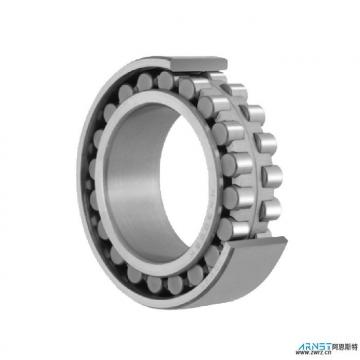 CRBH12025AUU Crossed Roller Bearing
CRBH12025AUU Crossed Roller Bearing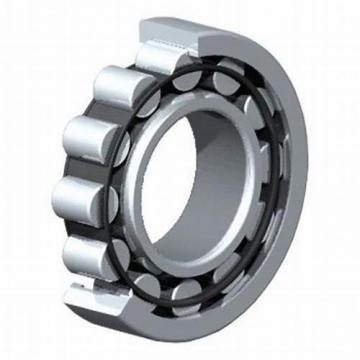 CRBH14025AUU Crossed Roller Bearing
CRBH14025AUU Crossed Roller Bearing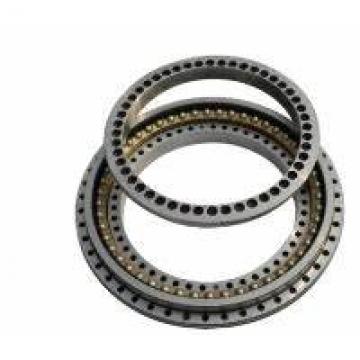 CRBH8016A Crossed roller bearing
CRBH8016A Crossed roller bearing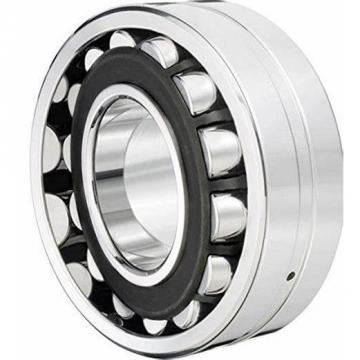 CRBH9016A Crossed roller bearing
CRBH9016A Crossed roller bearing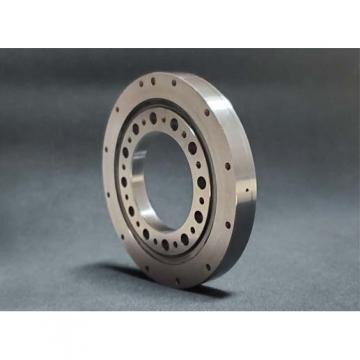 CRBH13025AUU Crossed Roller Bearing
CRBH13025AUU Crossed Roller Bearing